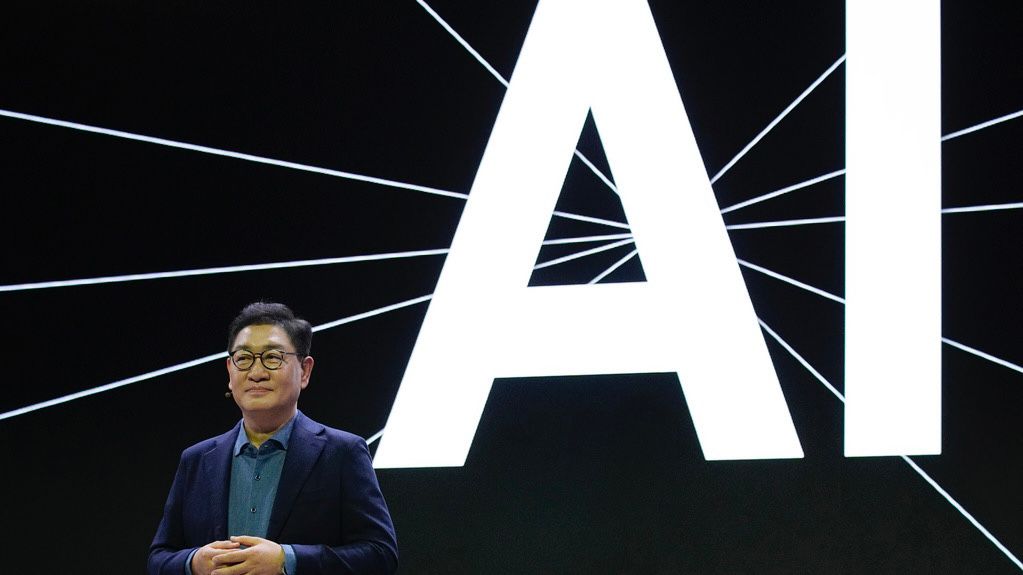A majority of U.S. consumers say they prefer movies made by humans over content generated by artificial intelligence.
Viewers aged 16 and older would rather watch a film with a 7 out of 10 rating that was made by a human than a film with a 9 out of 10 rating generated entirely by AI, according to a new survey from the consulting firm Baringa.
Gen Z is the group that prefers human-made movies the most, with 57% saying they’d rather watch human-generated content compared with 52% of survey respondents overall. The results are based on an international survey of more than 5,000 consumers, 20% of whom were in the United States, conducted in late March.
“Nearly every industry is making advancements in the use of AI, but the pace of innovation has accelerated within studios and content creators,” Baringa Partner Eddie Monteiro said in a statement. “It’s important for studios and film makers to understand how consumers feel about these changes and the potential impacts.”
The survey comes as the Tribeca Film Festival announced this week it would screen five AI-generated short films this June. A feature-length film has yet to be created solely by artificial intelligence.
The Baringa survey found that 11% of U.S. respondents would be happy to watch all AI-generated films and TV shows. Just one third of respondents say they will always want movies and TV shows created by humans, including 42% of Baby Boomers and 35% of Gen Xers.
Slightly less than a third of U.S. respondents say they would never be happy to consume entirely AI-generated content under any circumstances. A large majority of U.S. consumers (81%) say they want to know if the content they consume is generated by humans or AI.
The survey comes less than a year after the Screen Actors Guild and Writers Guild of America struck the major Hollywood studios to win protections against the use of artificial intelligence, which they called an existential threat to the industry.
The Baringa survey found U.S. consumers also prefer human-created music and literature, with 57% of respondents saying they’d rather wait years for a book written by a human author than read one of the same quality generated by AI that’s available more quickly.



